Should Social Media Platforms Be Private After an Accident?
After an accident, protecting your social media privacy is more important than most people realize. What you share online can easily be used against you in your personal injury claim. Adjusters, defense attorneys, and even investigators may review your posts for anything that contradicts your statements about injuries or damages.
How Social Media Can Affect Your Case
Photos, status updates, and comments can all be taken out of context. A picture of you smiling at a family gathering could be used to question the severity of your pain. Even casual remarks might seem harmless but can harm your case if they appear inconsistent. Therefore, it is wise to avoid posting about the accident, your injuries, or your recovery process until your case is resolved.
Insurance Companies and Social Media
Insurance companies use social media to gather evidence that benefits them, not you. They may look at your profiles, tagged photos, and comments to find anything that reduces your settlement value. Even private accounts can be accessed through mutual connections or screenshots shared by others.
To protect your social media privacy after an accident, review your privacy settings, limit new friend requests, and think carefully before sharing content.
Tips for Protecting Your Privacy
If you want to maintain control over your online presence, consider these steps:
-
Set all accounts to private and review who can see your posts.
-
Avoid discussing the accident, your injuries, or your case online.
-
Ask friends and family not to tag you in photos or posts.
-
Avoid checking in at locations that could suggest you are active or uninjured.
-
Save all relevant messages or posts in case your attorney needs them later.
By following these steps, you can reduce the risk of your social media activity being used against you.
Social Media Platforms
Social media privacy after an accident can make a significant difference in how your case unfolds. Platforms like Facebook, Instagram, X (formerly Twitter), TikTok, LinkedIn, and Snapchat can unintentionally reveal information about your daily activities, friends, or location. Set your accounts to private and limit who can see your posts. Restrict story viewers, turn off tagging, and disable location features to prevent others from connecting you to places or events that could appear inconsistent with your injuries.
Messaging and Communication Apps
Private messages are not always truly private. After an accident, avoid discussing details about your injuries or claim in WhatsApp, Messenger, Telegram, Discord, Reddit, or group chats. Keep usernames anonymous when possible, and remember that messages can easily be screenshotted or shared. It is best to limit conversations about your case to trusted sources and your attorney.
Financial and Payment Apps
Few people realize that payment apps can pose risks to social media privacy after an accident. Apps like Venmo, PayPal, Cash App, and Zelle often show payees, amounts, and comments that may appear public. Set transactions to private, review past activity, and avoid adding descriptive notes that mention outings, purchases, or events. Even small details can be taken out of context by insurance adjusters or defense attorneys.
Location and Fitness Apps
Fitness and location apps can also compromise your privacy. Platforms such as Strava, Fitbit, Apple Fitness, and Google Maps can show your movements, activity levels, and location history. Disable location sharing, turn off automatic check-ins, and review old data to protect your social media privacy after an accident. Limiting this information helps prevent others from making assumptions about your physical condition.
Content Sharing and Storage
Shared albums and online storage can reveal more than you intend. Services like Google Photos, iCloud, Dropbox, YouTube, and Pinterest often include location data and timestamps. Keep albums and boards private, remove metadata from photos, and share only with trusted individuals. This extra step can prevent your personal content from being taken out of context.
Shopping and Membership Accounts
Even accounts unrelated to your case can affect your privacy. Amazon wish lists, gym check-ins, and subscription services can provide insight into your daily life and physical activities. Review what is public and disable any sharing features. Protecting your digital footprint strengthens your overall privacy after an accident.
Email and Cloud Services
Your email and cloud storage may contain sensitive medical or legal information. Use strong passwords and enable two-factor authentication. Review shared folders, permissions, and forwarding rules to make sure only trusted contacts can access your information.
Quick Checklist After an Accident
-
Set social media accounts to private
-
Restrict story viewers and friends lists
-
Disable location sharing and geotags
-
Make payment app transactions private
-
Review cloud storage and shared albums
-
Enable two-factor authentication
-
Avoid discussing your accident or injuries online
Why Hire Fielding Law
At Fielding Law, we understand how social media can impact your personal injury case. Our compassionate attorneys guide clients through every step of the process, including protecting their online privacy. We are committed to helping accident victims in Arizona and California receive fair compensation while safeguarding their rights.
If you have questions about social media privacy after an accident, contact Fielding Law today. Call 833.88.SHARK to schedule a free consultation and let our team provide the support and legal insight you need.

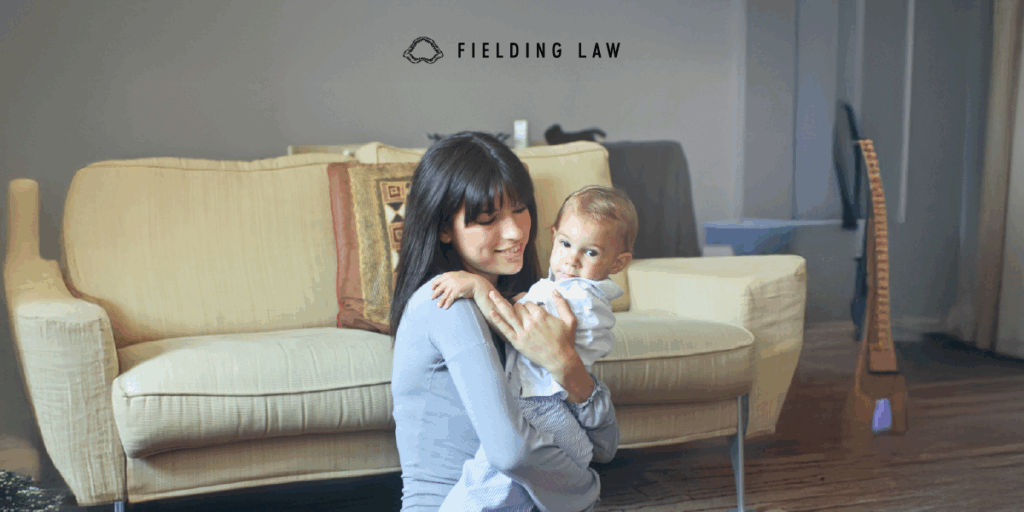
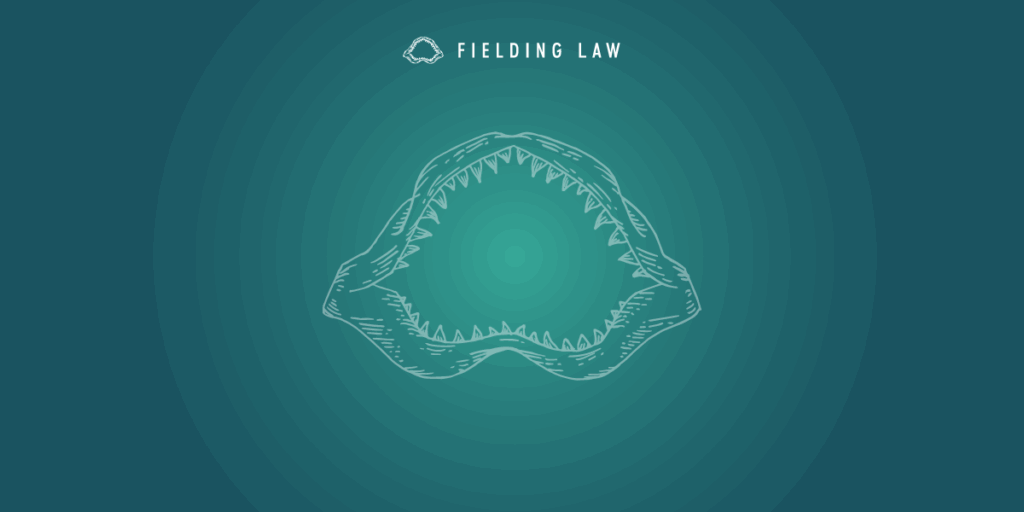
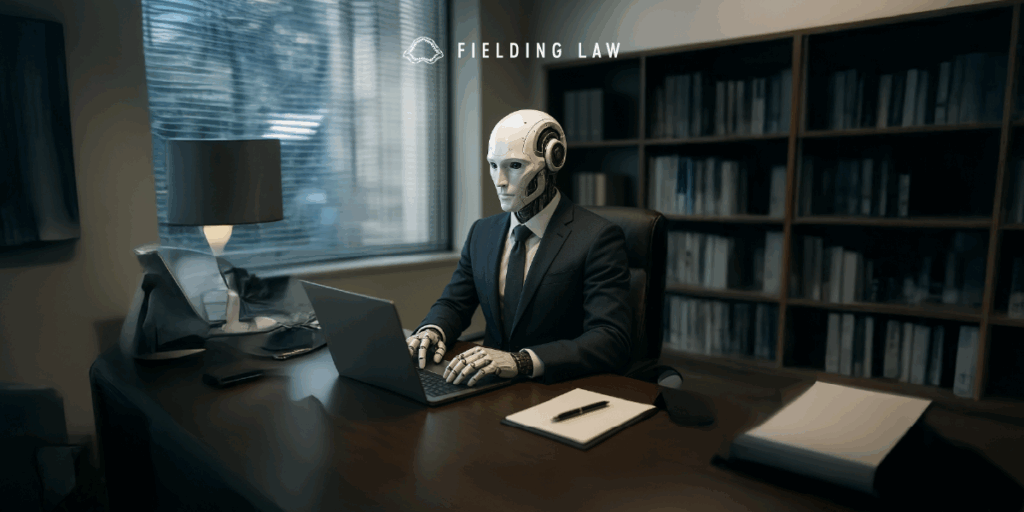

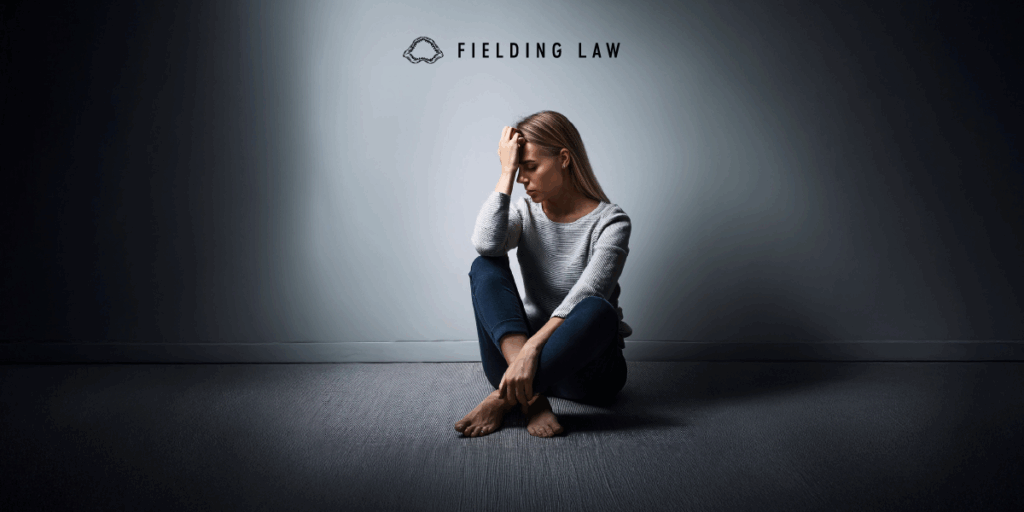



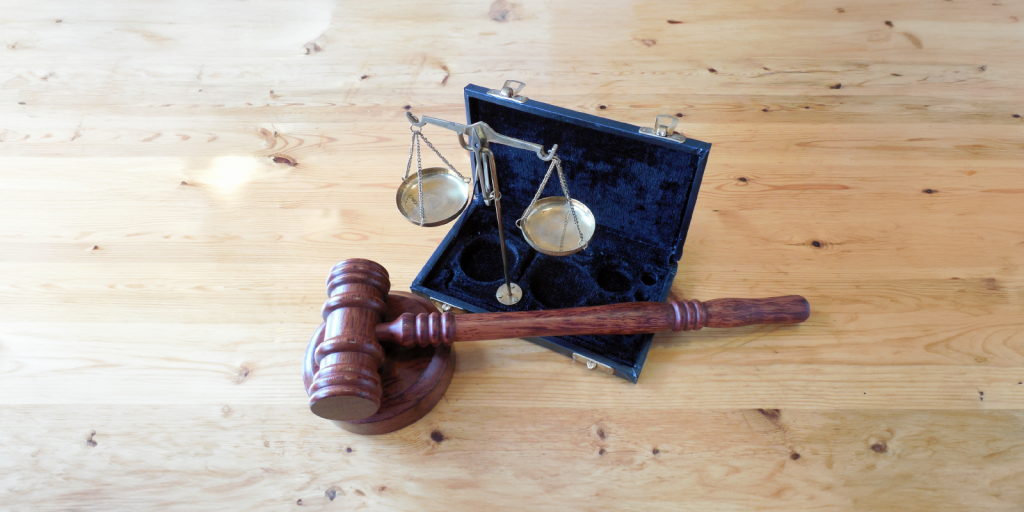
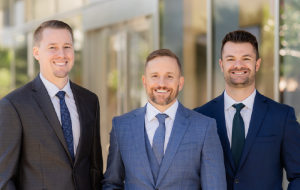 Survivors of sexual assault face complex legal challenges that require sensitive and experienced legal representation. Fielding Law offers compassionate yet formidable advocacy for survivors navigating both civil personal injury cases and criminal proceedings related to sexual assault.
Survivors of sexual assault face complex legal challenges that require sensitive and experienced legal representation. Fielding Law offers compassionate yet formidable advocacy for survivors navigating both civil personal injury cases and criminal proceedings related to sexual assault.